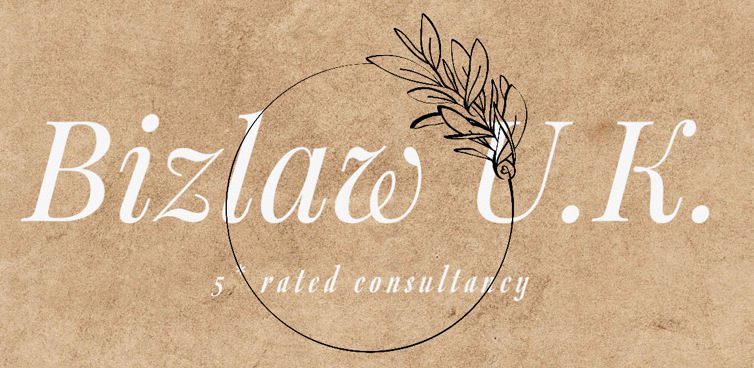|
Getting your Trinity Audio player ready...
|
A fundamental component underlying prolonged business success, sustainability, is growing increasingly important in an environmentally conscious world. According to a study carried out by MIT and Boston Consulting Group (2017), 60% of companies have a sustainability strategy yet only 25% have a supporting business case. Companies combining the two were 200% more likely to profit from their sustainability targets. In what ways can we attain corporate sustainability?
Corporate Sustainability: A Brief Introduction
A term often associated with the environment is sustainability. Corporate sustainability, however, exists more broadly than purely ecological. Grounded in theories of the Triple Bottom Line in the 1990s, corporate sustainability involves the consideration of financial, environmental, and social factors to guide decision-making. With businesses becoming increasingly integrated into wider society, their role goes beyond maximizing profits. Then establishing corporate strategy encompassing sustainability is becoming ever more important. Investors are also aware of this notion. Larry Fink of BlackRock acknowledging evidence that companies that are more sustainable perform better financially, stated BlackRock will use these criteria to drive their investment portfolio. Particularly useful for start-ups, Bizlaw U.K. offers business services connecting companies to green buying, assistance with business plans to navigate this decision-making as well as legal services to ensure compliance with relevant government regulations.
The Business Case for Sustainable Strategy
The ‘business case’ involves the reasoning behind a particular project, evaluating its costs and benefits, risks, and timescale amongst other relevant factors. The business case for sustainability typically falls under one of two categories: management of risks associated with low sustainability or exploration of business opportunities sprouting from high sustainability.
One common risk of low sustainability to be managed is the expectations of different stakeholders (employees, suppliers, creditors, investors, and other parties with an interest in the business) that companies become more sustainable. This varies in both intensity and source from industry to industry. In fact, millennials are happy to overspend on sustainable brands and consider it when applying for jobs. It has been shown that low sustainability can lead to greater risks. Such groups could form a vital revenue stream for start-ups and small businesses without compromising on financial objectives.
Ensuring greater sustainability may also present unique opportunities. Growing research indicates a link between sustainability performance and financial performance. Keeping operations efficient, reducing costs, and optimizing internal processes is one way to deliver such a link. Studies have found that sustainability performance explains 40% of a company’s reputation. For growing companies, ensuring sustainability is at the core of the business may improve local reputation against competitors.
How to Achieve Sustainability as Part of Corporate Strategy
The recent work of Paolo Taticchi and Melissa Demartini (2021) provides a guide for the integration of sustainability objectives within broader corporate strategy, notably used by Taticchi in assisting Harrods with their sustainability strategy. They propose a four-stage framework composed of pre-work, the ‘why’, the ‘what’ and the ‘how’.
- Initially, pre-work involves analysis of the core business strategy to create a sustainability profile from which to start. There is a consideration of any existing sustainability initiatives.
- At the ‘why’ stage, one should analyse their industry and stakeholders to contemplate the impact of sustainability on each relevant group. Business cases should be developed also here.
- The ‘what’ stage involves defining the objectives of the sustainability push. The pillars of sustainability were created to specify these objectives.(e.g. improving carbon performance or increasing transparency). Analyzing stakeholder power, interests, and aligning objectives with stakeholder concerns may also be part of a materiality assessment.
- Implementation is the ‘how’ stage, not strategy design. This involves processes of measurement or reporting of sustainability, recognition and reward of management or employees driving progress on these objectives, as well as marketing and branding of these new processes.
The overall goal of this framework is to design sustainability strategies fully integrated into the overall business strategy. An organization can create a sustainable and competitive strategy using the above analyses.
Applying Sustainability to Small or Medium-Sized Enterprises
Critical for smaller businesses is engaging with sustainability without stretching finite resources too thin. Whilst Harrods may create all-encompassing sustainability strategies, smaller businesses may be better served to select a small number of initiatives to pursue whilst still benefitting from enhanced local perceptions by customers or staff. Such initiatives may include the selection of eco-friendly suppliers or supporting local social or environmental programs. Bizlaw U.K.’s business services can advise on business planning for SMEs.
For further information
Contact Bizlaw U.K. We can help you with all aspects of business planning, connecting you to our affiliates and specialist solicitors and for advising on broader business legal issues. Get in touch by Whatsapp on 07583452230 or email help@bizlawuk.co.uk when looking for advice on business planning. We can also assist with other legal services. Please visit our website www.bizlawuk.co.uk to find out about our range of holistic legal and business services, check our 5-star testimonials and watch our YouTube channel or listen to our podcasts. Please follow, like, and share our social media content if you find it useful.

